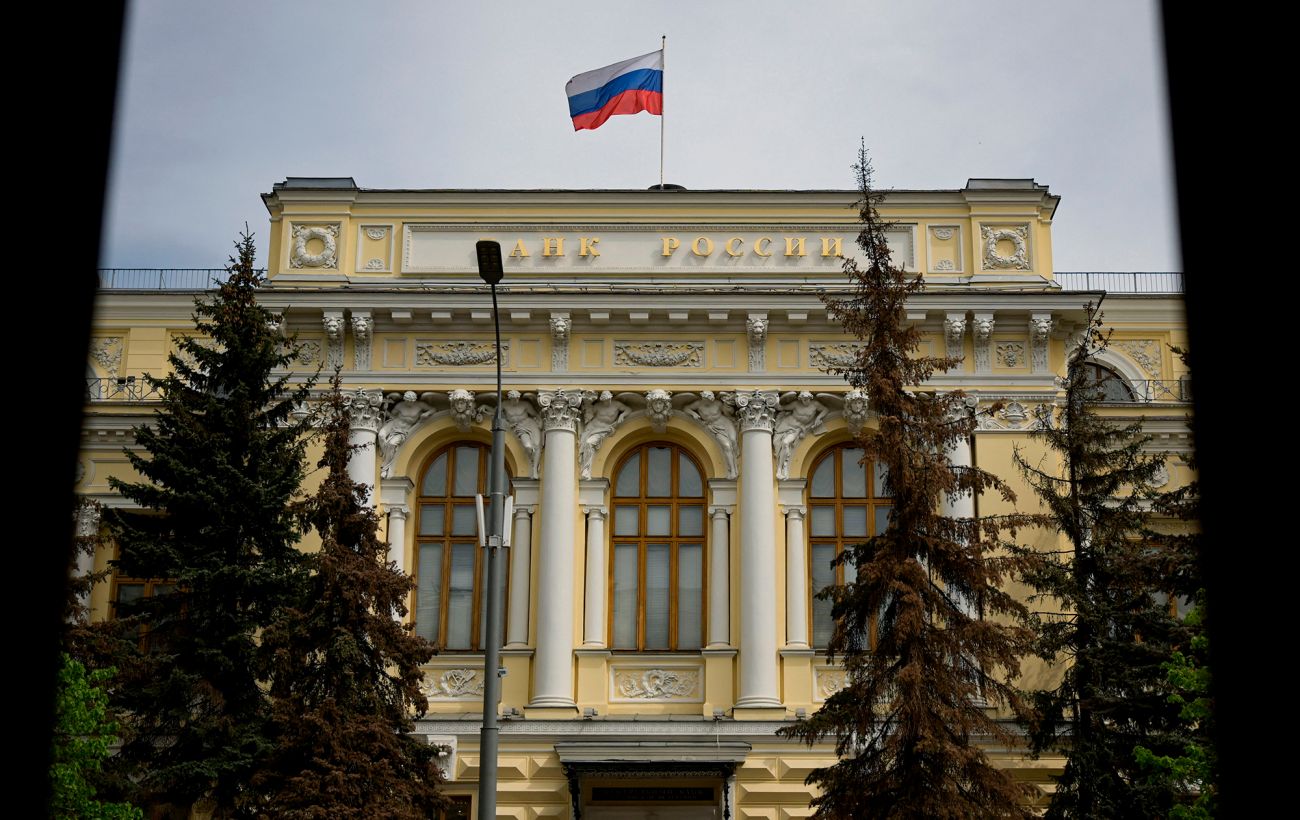The European Union is considering moving nearly €200 billion of frozen Russian state assets into riskier financial instruments to generate higher returns for Ukraine, Politico reports.
A new approach to frozen assets, yet still only proceeds are used instead of immobilized funds
According to four unnamed EU officials cited by Politico, the European Commission is weighing a proposal to transfer Russian sovereign assets held in Belgium into a “special purpose vehicle” under the EU’s umbrella. The assets, frozen since 2022 in response to Russia’s full-scale invasion of Ukraine, could be placed in higher-yield investments without affecting the underlying capital.
This strategy aims to deliver greater financial support to Ukraine “while avoiding accusations of stealing Moscow’s money,” which remains opposed by several EU countries including Germany and Italy.
Responding to political and budgetary pressure
The initiative comes amid increasing urgency to secure sustained funding for Ukraine, as US president Donald Trump threatens to cut US support. The EU’s €18 billion share of a previously agreed €45 billion G7 loan is expected to be fully paid out by the end of 2025, raising concerns about Ukraine’s finances in 2026.
EU finance ministers will convene on 19 June in Luxembourg to begin informal talks on future funding strategies. An invitation letter from the rotating Polish Council presidency, obtained by Politico, urges ministers to explore all available options, including the use of frozen Russian assets and the EU’s new defense loan scheme, SAFE.
Legal tightropes and Hungary’s veto threat
The current sanctions regime that blocks Russian assets requires unanimous EU renewal every six months. Hungary under pro-Russian Prime Minister Viktor Orbán has repeatedly threatened to veto these renewals, potentially risking the unfreezing of the funds.
To circumvent this, the EU is discussing ways to shift the assets from Euroclear, which currently invests them at low risk with the Belgian central bank, into a “special purpose vehicle” that could pursue higher returns. However, no final workaround has yet been devised to neutralize a Hungarian veto, Politico notes, citing two informed officials.




